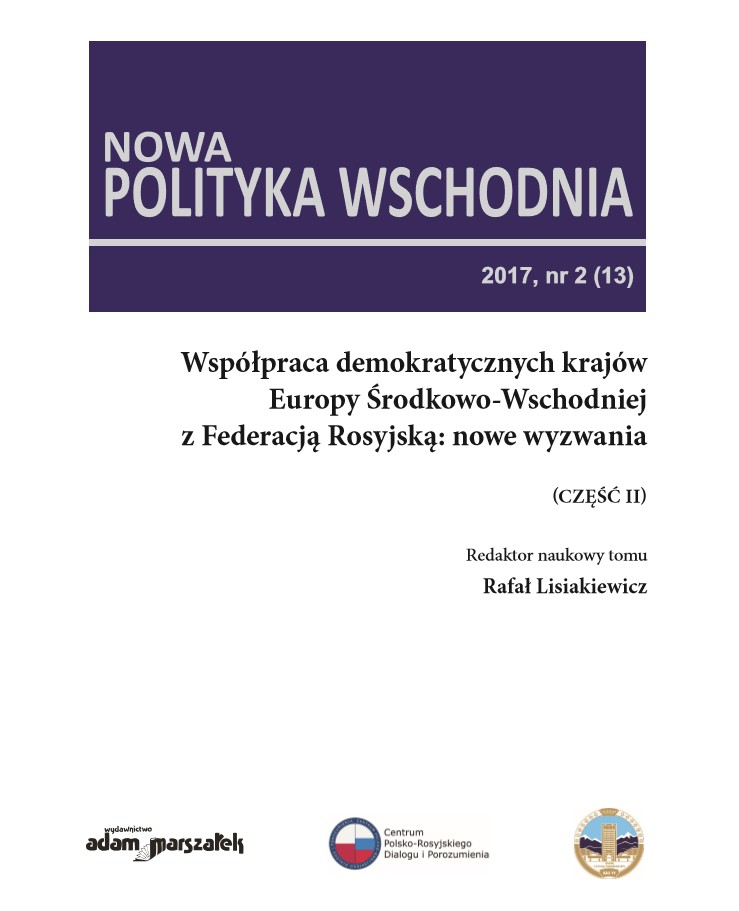Различия между онтологическими основами польской и русской культур Человек. Свобода. История. Государство
Distinctness of ontologicalbackground of Polish and Russian culture. Man. Freedom. History. State
Author(s): Hanna Kowalska-StusSubject(s): Politics, Sociology
Published by: Wydawnictwo Adam Marszałek
Keywords: Poland; Russia; cultural tradition; man; freedom; history; state
Summary/Abstract: Societies create cultural models in order to maintain their identity. They constitute a reflection of values and symbols to which they are the most attached. In Russia, there has been a dispute about cultural identity for a long time. During Vladimir Putin’s presidency, when the liberal idea was devalued, a serious debate about the future of Russia was commenced. In contrast to Russia, Poland has always emphasized its European roots and identity of its culture with the Western culture. Comparative studies of the two cultures lead to the conclusion that significant differences are views of: man, freedom and the state. The definition of man in a given culture is associated with the worldview. In Russian culture it has been formulated on the basis of monastic practice and experience of Church Fathers. Hesychasm and deification – are the basis of the Orthodox anthropology. In the contemporary Russian culture one can observe the revival of hesychasm, which stems from the life practice. Latin anthropology was formed under the influence of Saint Augustine’s Confessions. According to Augustine, man is dust and only his „self”, the person, is endowed with „existence, consciousness and will”. Augustine was the first Latin theologian, who pointed out the historical subjectivity of an individual. Therefore, the European thought identified man with historical ones: the state, nation and economics. The issue of a person’s freedom is the basic issue of Western anthropology. Man perceived himself as an autonomous entity that exists thanks to the autonomous intellect and respects the rights of others adhering to the same principles. Freedom in Orthodox culture is understood as inner freedom from external determinants. 124 Art ykuły Część IV: Wpły W kultury I hIstorIISaint Augustine formulated a number of problems which are the basis of the Western understanding of the state. The specificity of understanding Augustine’s state is associated with the belief that people are sinful and it has an impact on the state system. Russian state doctrine is connected with Byzantine heritage. The idea of Moscow the Third Rome is a continuation of Byzantine diarchy. The contemporary Russian state thought says that liberal democracy and internationalism are unfamiliar to Russian culture. It finds it necessary to return to the ideocratic country and calls for recovering from the Russian disease of self-consciousness – “occidentalistic rootlessness”.
Journal: Nowa Polityka Wschodnia
- Issue Year: 13/2017
- Issue No: 2
- Page Range: 123-145
- Page Count: 23
- Language: Russian

